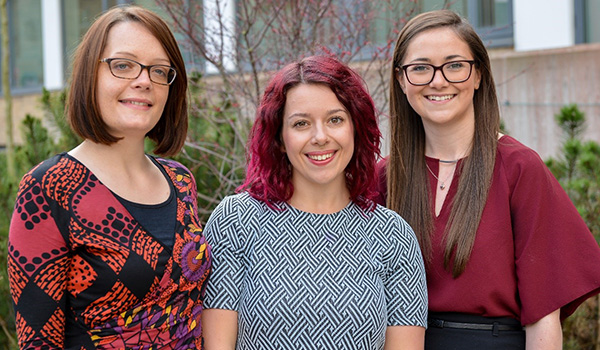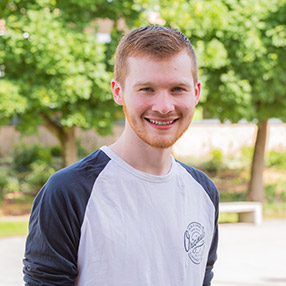Sociology is a unique subject because it is known as an ‘exporter’ discipline – this means that those who study sociology often go on to a wide range of positions in different types of organisations.
Our programmes highlight the relevance of sociological thinking and core research skills for a wide range of employers. With our help, you’ll develop your own understanding of how you want to use your new skills and which type of career would be best for you. We ensure that students have access to appropriate careers advice and guidance in every year of their degree.
Alongside your core degree modules, you will take part in our Experiencing Sociology Programme that will help you to develop key transferrable skills and competencies, while also strengthening your networks within and beyond the Department. Support is also available from the Lancaster Careers team who offer opportunities for skill development and networking. This includes things such as workshops, one on one coaching, the Lancaster Award, opportunities to develop a professional network and careers advice for alumni after they have graduated.
Our graduates have gone onto a range of roles, including:
- Roles with not-for-profit organisations
- Roles in local and national government addressing areas such as race equality, health and education policy
- Journalist
- Teacher
- Social researcher
- Consultant
- Master's study
- Academic or administrative positions in higher education institutions










